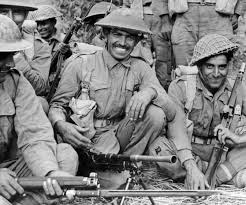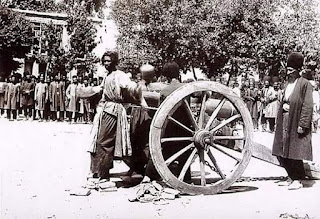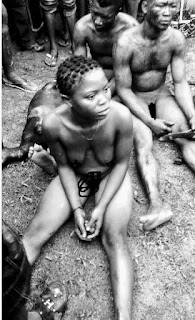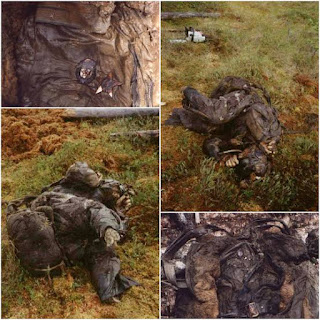On this day 2nd March 1945, Burma.
On this day 2nd March 1945, Burma.
Corporal Fazal Din was attacked by sword wielding Japanese soldiers after taking an enemy bunker and was run through the chest by one of them.
Din led an attack on a number of entrenched enemy positions. The Japanese had repelled an earlier assault, killing many of his friends.
To provide support, a tank went ahead of them, but it continued moving forward, leaving the bunkers, Din attacked the one nearest him; destroying it with grenades.
The other two lay silent because they were empty. He wheeled toward the last bunker as bullets mowed more men down, but not Din.
Then the shooting stopped; the Japanese had run out of ammo.
Furious, eight soldiers burst out of the bunker, wielding swords. The two in front were officers, screaming as they made a beeline toward the Indians.
A Bren light machine gun killed one of the officers and a soldier but in doing so he, too, ran out of bullets.
He was immediately killed by the second Japanese officer’s katana. Din ran to help, but the sword whooshed again – skewering him through the chest.
Its tip kept going until it poked out through his back. It took the other Indian soldiers a while to realize what they were seeing.
Satisfied, the Japanese officer withdrew his sword to launch another attack. Before he could do so, Din snatched the sword from his hand and slashed at him; killing the second officer.
Din then rushed to help another soldier who was desperately trying to fend off a sword attack.
Another slash, another dead Japanese. Waving the sword, he ordered his men to keep fighting until they had finished off everyone else in the house.
He then walked 25 yards to give his report to Platoon headquarters; still with a hole through his chest. He collapsed, of course. He was taken to the Regimental Aid Post, but he did not survive.
On May 24 1945 Din was posthumously awarded the Victoria Cross.
The Indian Armed Forces had under 200,000 men in 1939, yet 2.5 million people from the British Raj fought against the Axis powers.
Whilst some Indians were loyal to Britain, the majority of these sign-ups were encouraged by offerings of payment through food, land, money and sometimes technical or engineering training among a population desperate for work.








.jpg)

.jpeg)






Comments
Post a Comment